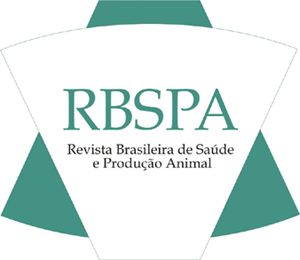SUMMARY
Recirculating water system (RAS), provide to reduce water usage and to improve the quality by nutrient recycling, so biofilters are used to reduce ammonia concentrations by oxidation to nitrate, by nitrifying-bacteria. Biological filters have been utilized to maintain acceptable water parameters to larvae and juveniles, by decreasing ammonia concentrations. The objective of this experiment was to evaluate different substrates for aquarium biofilter on performance of Nile tilapia (Oreochromis niloticus) larvae, and water quality. One-thousand-two-hundred Nile tilapia larvae (initial length = 11.6 ± 0.82 mm; body weight (BW) =189.0 ± 0.44mg) were randomly allotted into one of twenty 6-L aquariums (60 larvae aquarium-1) with five different biofilter (4 aquariums each biofilter): (1) control, no substrate; (2) seashell-and granitic crushed stone-substrate; (3) granitic crushed stone substrate; (4) quartz gravel substrate; and (5) porcelain-substrate. The conductivity, turbidity, pH, nitrate, nitrite and ammonia values indicate that seashell and granitic crushed-stone, and porcelain-substrates had greater process of biofiltration effectiveness. Water oxygen did not differ among treatments, with all levels within the benchmark for the tilapia larvae. Fishes reared in aquarium with quartz gravel-and porcelain substrate fishes had greater BW, total and standard length compared with its from other substrates. Porcelain-substrate biofilter is indicated for tilapia larviculture due to improved weight and length and water quality.
biofiltration; limnological parameters; nitrification; water quality; RAS
